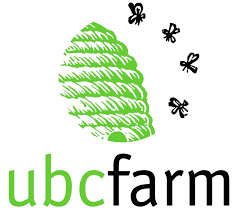TEGS is pleased to announce the recent publication of ‘Associations between socio-economic status and school-day dietary intake in a sample of grade 5–8 students in Vancouver, Canada‘ in the journal of Public Health Nutrition. Click here to view the abstract and link to the full article, prior to publication.
Drawing from TEGS based research in 26 Vancouver schools, the paper was led by recent LFS graduate Naseam Ahmadi based on her MSc thesis work.
Read the full abstract below:
Abstract
Objective To examine associations between students’ socio-economic status (SES) and school-day dietary intake, and the roles of parents and peers in shaping these associations.
Design A cross-sectional survey measured school-day intake of vegetables, whole grains, low-fat milk, packaged snack foods and sugar-sweetened beverages. Logistic regression models examined associations between SES (parental education and food insecurity status) and dietary outcomes during or en route to or from school, and examined whether peer modelling or parental norms potentially mediated the associations between SES and dietary outcomes.
Setting Twenty-six public schools in Vancouver, Canada in 2012.
Subjects Nine hundred and fifty students in grades 5–8.
Results Students whose parents completed some college, compared with those completing high school or less, were significantly more likely to consume vegetables daily (unadjusted OR=1·85; 95 % CI 1·06, 3·22) and students whose parents completed college or university were significantly less likely to consume sugar-sweetened beverages daily (unadjusted OR=0·67; 95 % CI 0·47, 0·94). Food secure students were also significantly less likely to consume sugar-sweetened beverages daily compared with food insecure students (unadjusted OR=0·52; 95 % CI 0·29, 0·92). Parental norms, but not peer modelling, emerged as a potential mediator of the association between SES and vegetable intake. SES was not significantly associated with the remaining dietary outcomes.
Conclusions Higher SES was significantly associated with two of five school-day dietary outcomes and predicted higher likelihood of daily nutritious food choices at school. The present study suggests that there is room for improvement in school-day dietary quality for students from all SES backgrounds in Vancouver.





